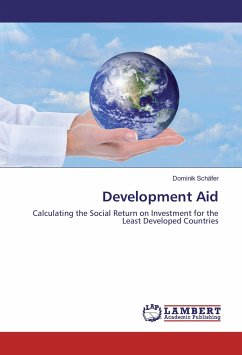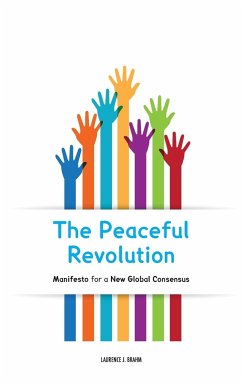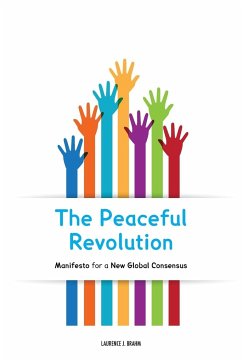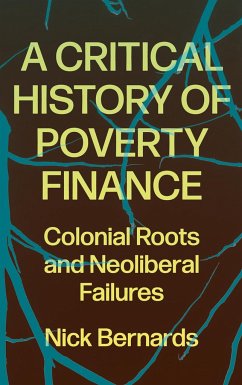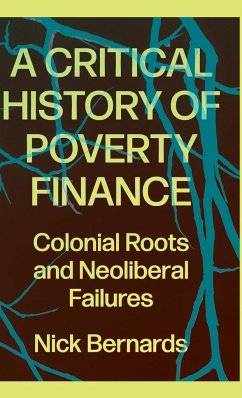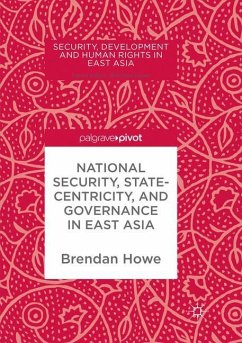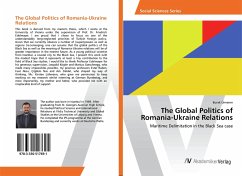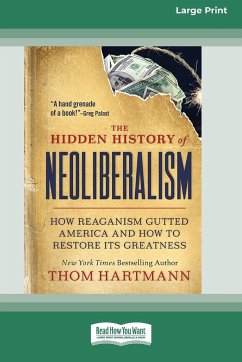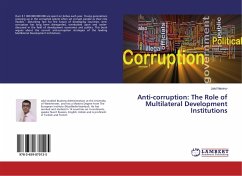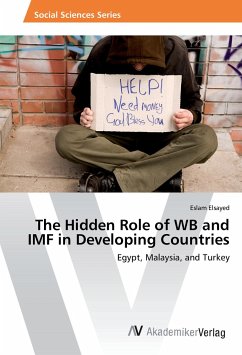
The Hidden Role of WB and IMF in Developing Countries
Egypt, Malaysia, and Turkey
Versandkostenfrei!
Versandfertig in 6-10 Tagen
22,99 €
inkl. MwSt.

PAYBACK Punkte
11 °P sammeln!
The First part of this book provides an overview of the International Financial institutions (IFI) namely the World Bank (WB) and the International Monetary Fund (IMF), then discusses the main differences between the two of them. In the second part, the author focuses on the policies and aims of the WB and the IMF in developing countries with a closer look at the terms and conditions imposed for the loans. The last part of the book is a case study that compares Egypt with Turkey and Malaysia, given that these three countries had almost similar economic situations in the early nineties. In the ...
The First part of this book provides an overview of the International Financial institutions (IFI) namely the World Bank (WB) and the International Monetary Fund (IMF), then discusses the main differences between the two of them. In the second part, the author focuses on the policies and aims of the WB and the IMF in developing countries with a closer look at the terms and conditions imposed for the loans. The last part of the book is a case study that compares Egypt with Turkey and Malaysia, given that these three countries had almost similar economic situations in the early nineties. In the conclusion, the author showcases the consequences of the IMF loan on the Egyptian Economy as compared to Turkey and Malaysia, which did not opt out for the loan and instead of chose to apply their own national policies, in addition to focusing on what Egypt could do instead of taking the loan of International Monetary Fund (IMF) and its terms & conditions.



